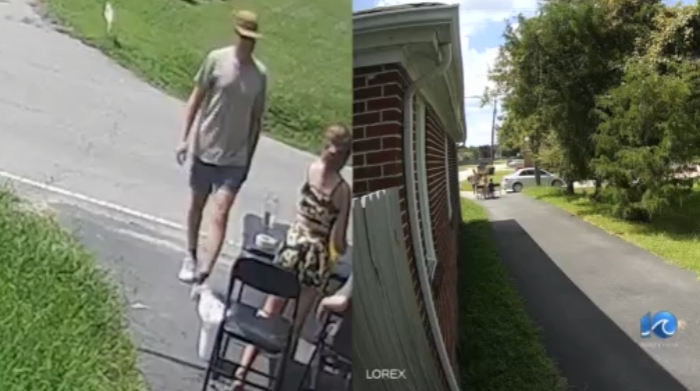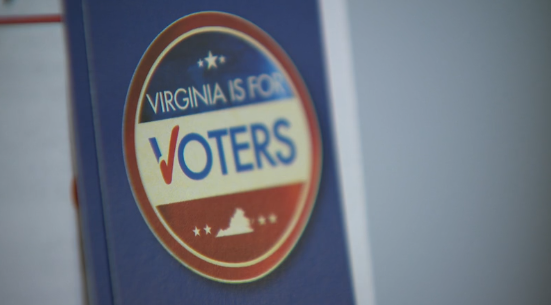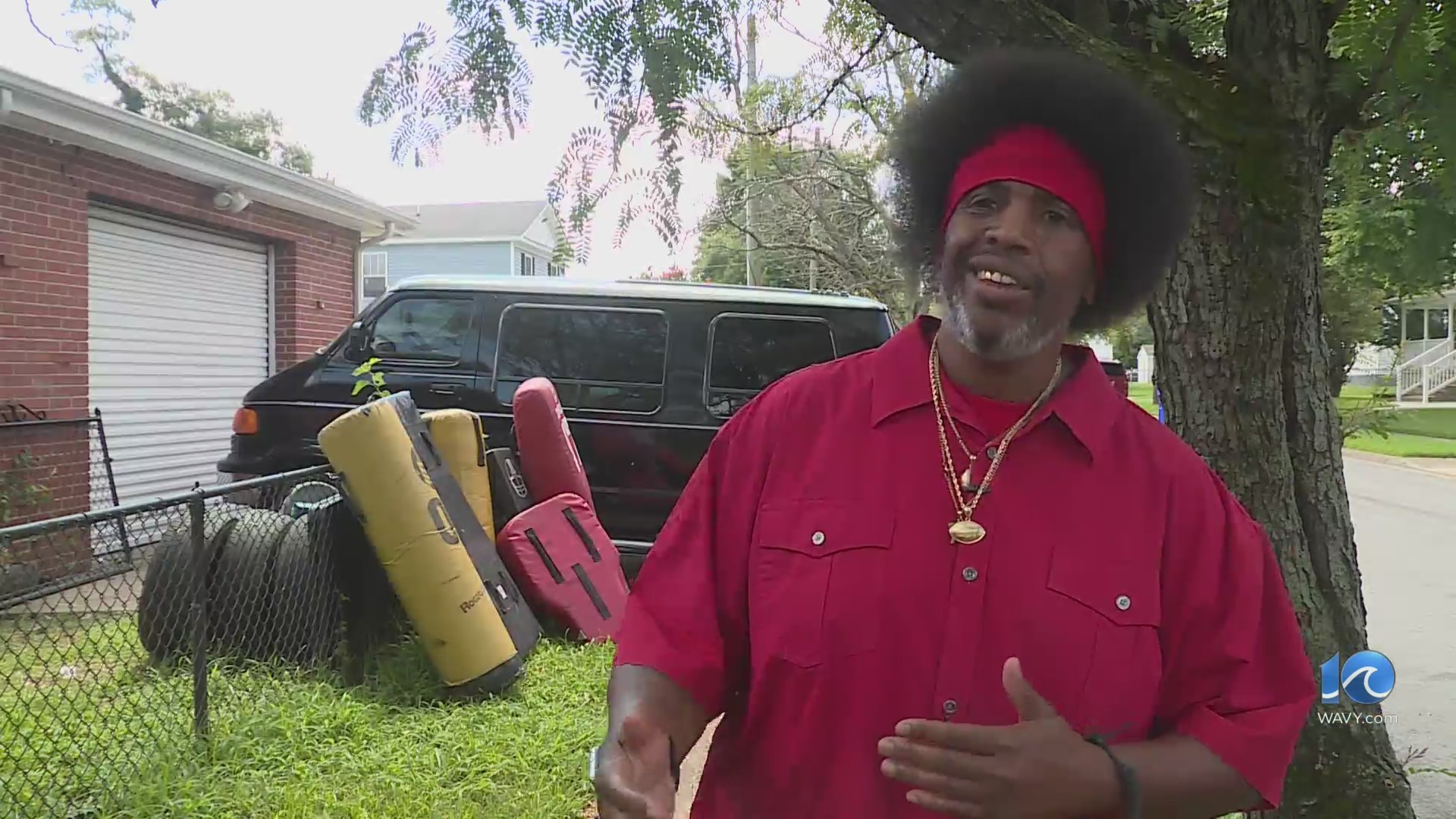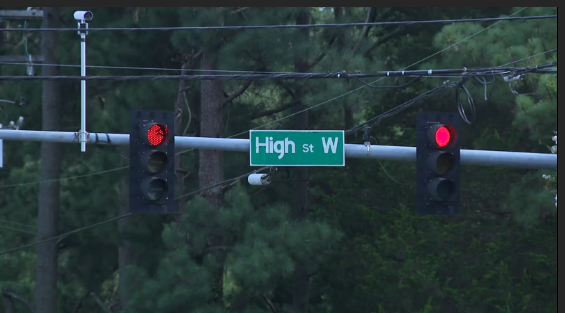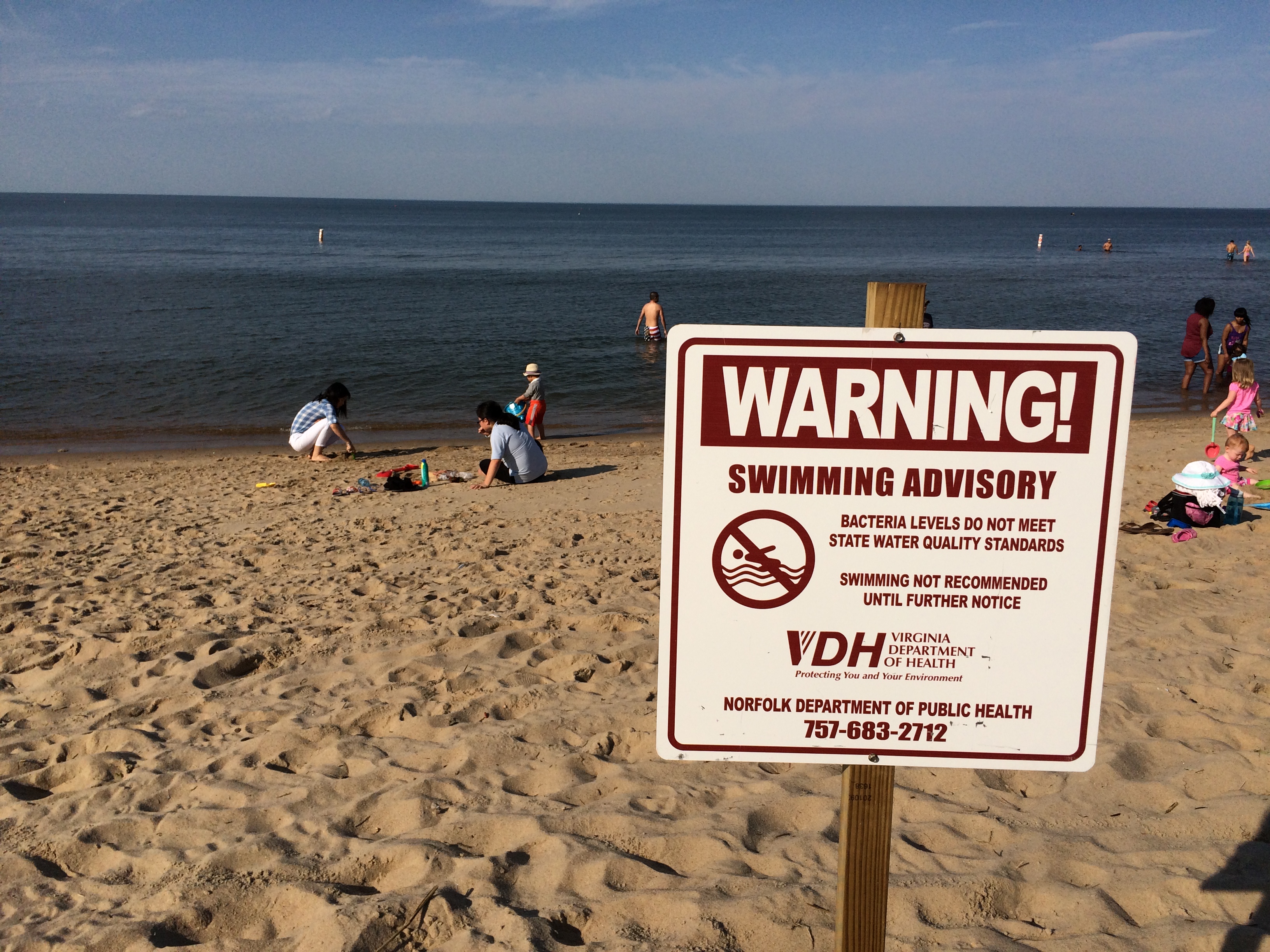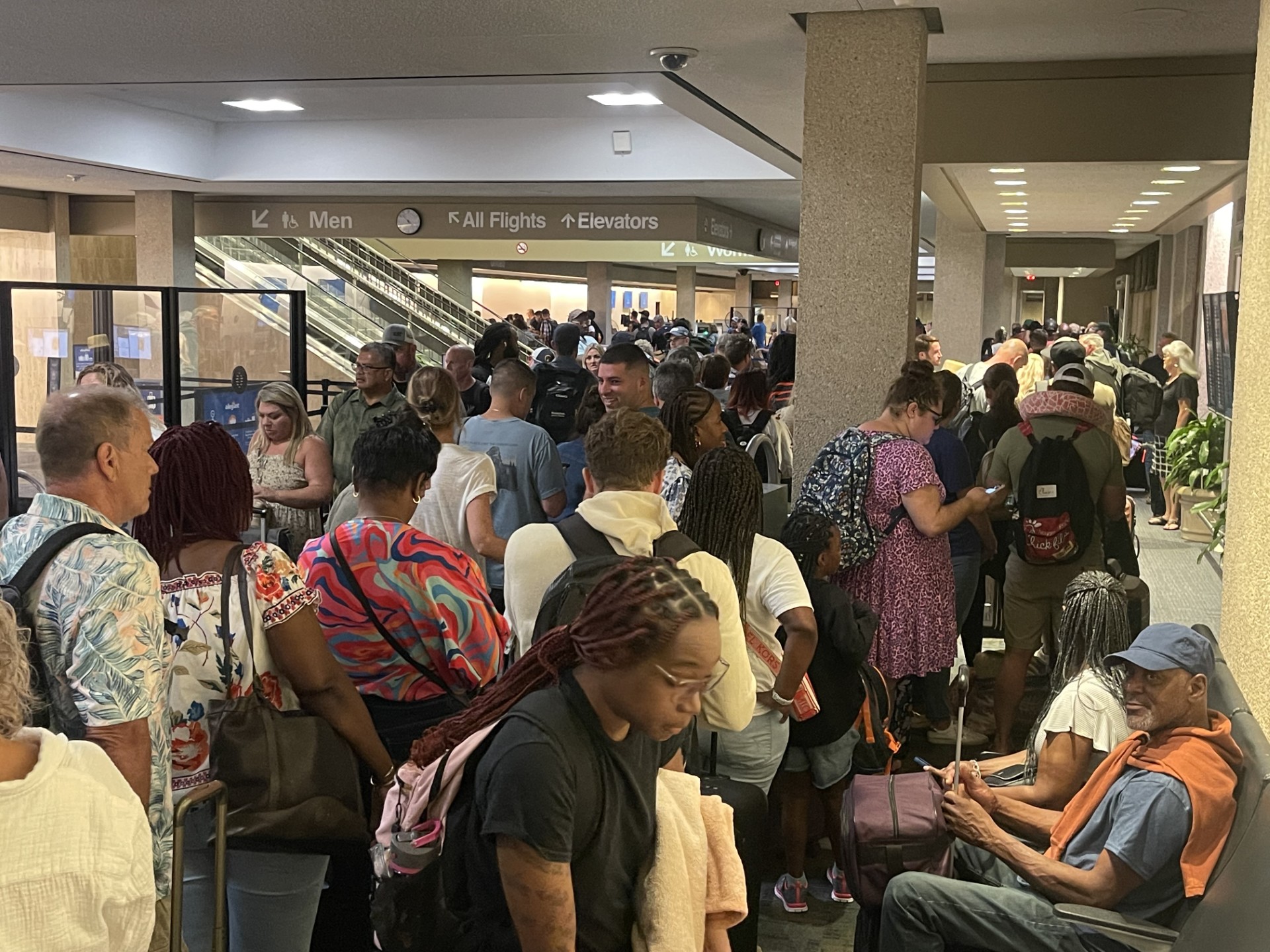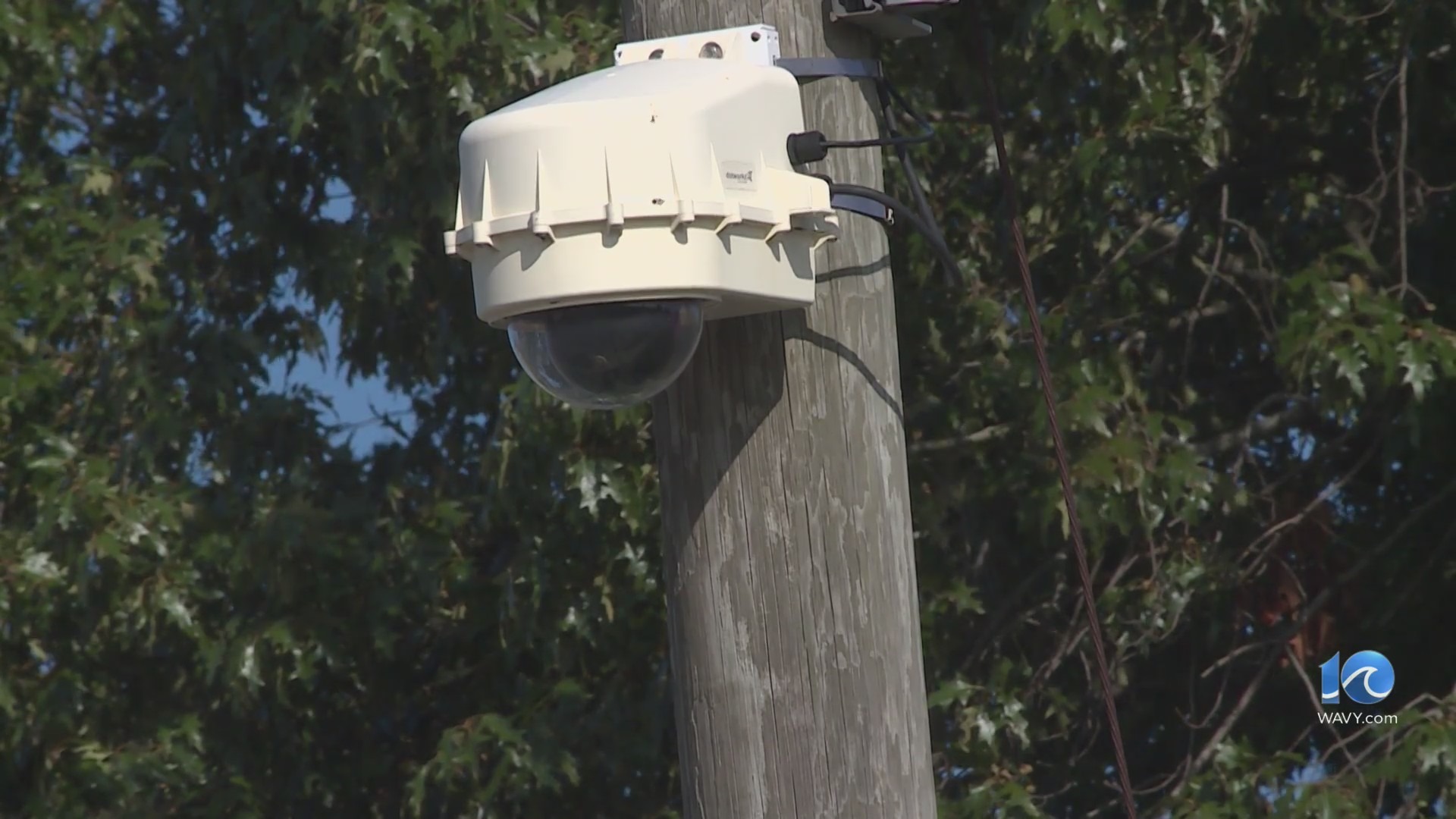RALEIGH, N.C. (WNCN) – As Andrew Brown Jr.’s family prepared Tuesday to watch more of the police body camera video of his death in Pasquotank County, state lawmakers in North Carolina touted several criminal justice reforms moving through the General Assembly, including a change to the state’s body camera law.
A bipartisan agreement announced Monday would allow family members or another representative of someone killed or injured by law enforcement to see police video recordings within five business days.
Law enforcement agencies could still request that a judge block access or allow for videos to be redacted if there’s a compelling reason such as if disclosing the video would jeopardize someone’s safety.
“We worked on that with the black legislative caucus as well as the Conference of District Attorneys and the Sheriffs’ Association. Many of the recommendations in that change came from the Sheriffs’ Association and law enforcement and ways it would make it easier for them,” said Sen. Danny Britt (R-Columbus/Robeson).
Senate Bill 300, which includes a variety of criminal justice reforms, would require that family members who view police recordings sign a confidentiality agreement under penalty of perjury that they won’t disclose what’s depicted unless that’s otherwise allowed by law.
The bill makes no changes to the current law with regard to access to videos by the news media or the broader public.
People would still have to file a petition in Superior Court and get a judge’s permission for video to be released.
“We all agree that there needs to be a method by which the families can have access to this,” said Chuck Spahos, with the North Carolina Conference of District Attorneys. He added the agreement is aimed at “protecting the rights of the potential accused that are depicted in those videos, avoiding undue pretrial publicity to cases that may become criminal.”
Daniel Bowes, director of policy and advocacy at the ACLU of North Carolina, called the confidentiality provision “the most problematic part of the change.”
He said agreement overall is a sign of progress though.
“In a very limited way, it does respond to the needs of the families. But, it certainly doesn’t go far enough in terms of changing access,” he said.
Gov. Roy Cooper (D) has called for these recordings to be presumed to be public records with exceptions made if law enforcement presents a compelling case to a judge for why videos should not be public.
State Sen. Jay Chaudhuri (D-Wake) has called for these recordings to be available within 48 hours of an incident occurring, but said the agreement in Senate Bill 300 “address a couple key concerns.”
He pointed out body camera video “results in less law enforcement misconduct, but also on the flip side of it we know that it also reduces the number of citizen complaints against law enforcement officers too.”
The body camera issue is just one of many addressed in bills moving forward in the House and Senate this month.
Republican lawmakers have also backed changes such as instituting a requirement for officers to intervene when excessive force is used and to establish a state database of letters issued to law enforcement officers who lie under oath. That database would not be accessible to the public. Rep. John Szoka (R-Cumberland) said it’s currently not clear how many of those so-called Giglio letters have been issued. The House unanimously passed a bill last week to address that issue.
Lawmakers are also advancing legislation to enact stiffer penalties for people involved in riots.
















































































